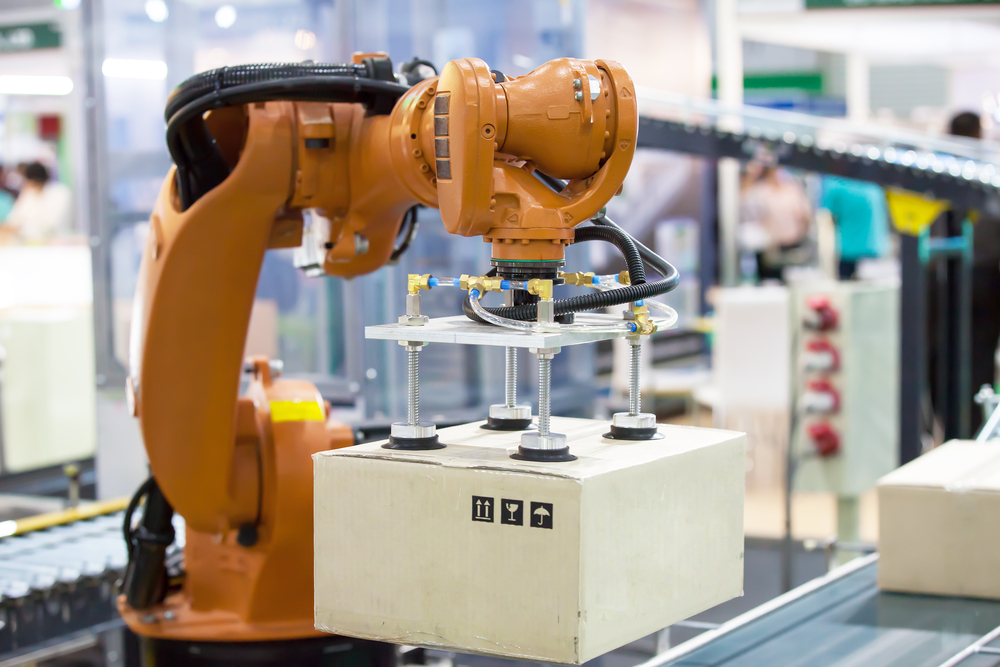
Get Paid to Share Your Expertise
Help shape the future of business through market research studies.
See Research StudiesThis article was written by Andrew Dalik, Marketing Manager, University of St.Gallen MBA.
Concerns of employee displacement by robots and AI are giving way to a nuanced understanding of how humans and machines can reinforce each other’s productivity.
For managers to succeed in a technology-augmented work world, MBA programmes need to adjust as well.
As described in Thomas H. Davenport and Julia Kirby’s 2016 book entitled Only Humans Need Apply, technology augmentation is when, “humans and computers combine their strengths to achieve more favourable outcomes than either could alone.”
The social competencies MBA programmes already excel at developing are what many futurists deem the most robot-proof competitive advantage of humans.
These so-called ‘soft skills’ include emotional intelligence, negotiation, ability to motivate others, and so on. MBA programmes appear well positioned as demand for these skills comes more into focus. With that said, managers increasingly need to use their human-to-human soft skills mediated through a device, using an array of digital communication channels. Therefore, MBA programmes should build on their existing strength in soft skill development to hone digital soft skills.
Integrative thinking is another robot-proof skill that many MBA programme are already competent at developing. A 2015 article on ZDNet.com by Anna Solana entitled The next frontier for artificial intelligence? Learning humans’ common sense illustrates this point. In it, Ramon López de Mántaras, director of the Spanish National Research Council’s Artificial Intelligence Research Institute, is quoted as saying,
Integrative thinking cuts across silos to synthesise original solutions. Technology will be used to augment this form of creativity rather than replace it, by allowing managers to dedicate less time to rules-based tasks and more time to complex thought.
Of perhaps even more importance than what skills are required for the future, is how those skills are learned. Technology-augmentation is finding its way into the MBA in the form of ‘blended learning’. Blended learning curriculum mixes in-person professor and peer facilitated discussions with self-directed online learning. Online content is primarily in the form of video and interactive software. Virtual reality is on the way. For students to succeed in blended learning MBA programmes, they need to have strong self-directed learning skills. A priority for our MBA programme is ensuring our students learn how to learn. Indeed, independently pursuing continual upskilling is another imperative for survival in a technology-augmented future.
An MBA is like a marathon, and marathons attract a type of person who wants to push his or her limits and be part of a high performance group.
Somewhat ironically, in a world made faster and more efficient by technology, the skills required to stay competitive in the employment market still take the same amount of time to learn. There are no shortcuts to human skill development.
The most sought after management skills of the future will likely be soft skills, integrative thinking skills and self-directed learning skills. Resilience is the key trait underpinning all of this. Prospective applicants and corporate recruiters should seek to understand exactly how MBA programmes like ours deliver on these learning outcomes.
This article appeared originally on The Business Debate.

 Andrew Dalik
Andrew Dalik